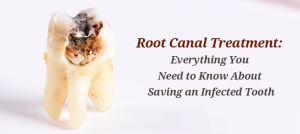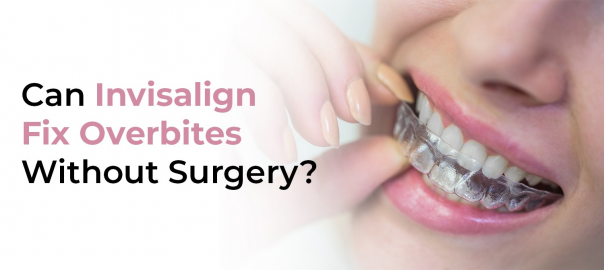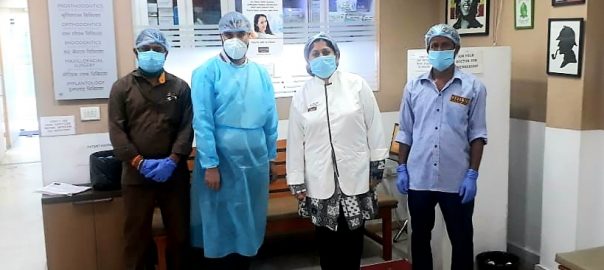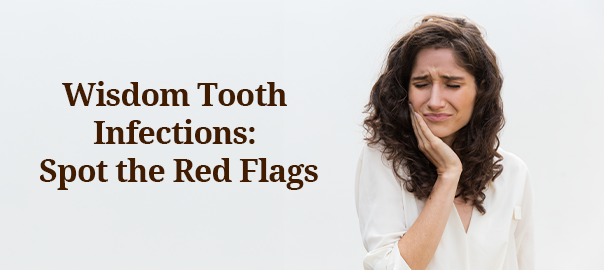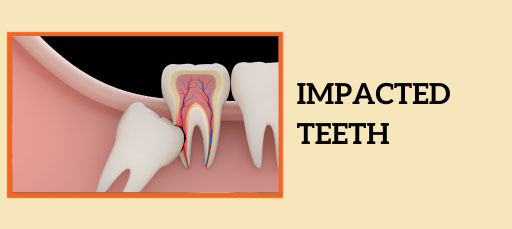
When to See a Doctor for Mouth Ulcers
Table of Contents
Mouth ulcers, though common, can be uncomfortable and sometimes painful. These small sores that appear inside the mouth can make eating and talking a challenge. While most mouth ulcers tend to heal on their own within a week or two, there are instances where seeking medical advice becomes necessary for proper evaluation and treatment.
When to Monitor at Home
In many cases, mouth ulcers can be managed at home with self-care techniques:
- Occasional Ulcers: If you experience occasional mouth ulcers that heal within a week or two and aren’t causing severe pain or interfering with your daily life, you can often manage them at home.
- Known Triggers: Identifying triggers like certain foods, stress, or hormonal changes that lead to ulcers can help you prevent their occurrence. Maintaining good oral hygiene and using over-the-counter remedies like topical gels or mouth rinses can aid in symptom management.
When to Consult a Doctor
There are situations where seeking professional medical advice is recommended:
- Persistent Ulcers: If ulcers persist for more than three weeks without signs of improvement, it’s advisable to consult a dentist. Prolonged ulcers could be a sign of an underlying health condition that needs attention.
- Severe Pain or Discomfort: If ulcers are causing severe pain that makes it difficult to eat, drink, or speak, a doctor’s evaluation can help alleviate discomfort and determine potential causes.
- Recurring Ulcers: Frequent occurrence of mouth ulcer could indicate an underlying health issue like deficiencies in vitamins (such as B12, Iron, or Folate) or conditions like celiac disease or Crohn’s disease. Consulting a healthcare professional can help in diagnosing and managing these conditions.
- Unusual Characteristics: Ulcers accompanied by unusual symptoms like fever, swollen lymph nodes, or lesions spreading beyond the mouth should be promptly examined by a healthcare provider.
What to Expect During the Visit
During your doctor’s visit for mouth ulcers, the healthcare provider will likely:
- Review your medical history and symptoms.
- Conduct a physical examination of your mouth.
- Discuss potential triggers or underlying health conditions.
- Prescribe medication or recommend further tests if necessary.
Conclusion
While most mouth ulcers resolve without medical intervention, it’s essential to pay attention to their duration, frequency, and severity. Seeking medical advice when needed ensures proper diagnosis and appropriate treatment, improving your overall oral health and addressing any underlying issues contributing to the ulcers.
Always prioritize your oral health and consult a healthcare professional for personalized guidance and treatment tailored to your specific condition.










